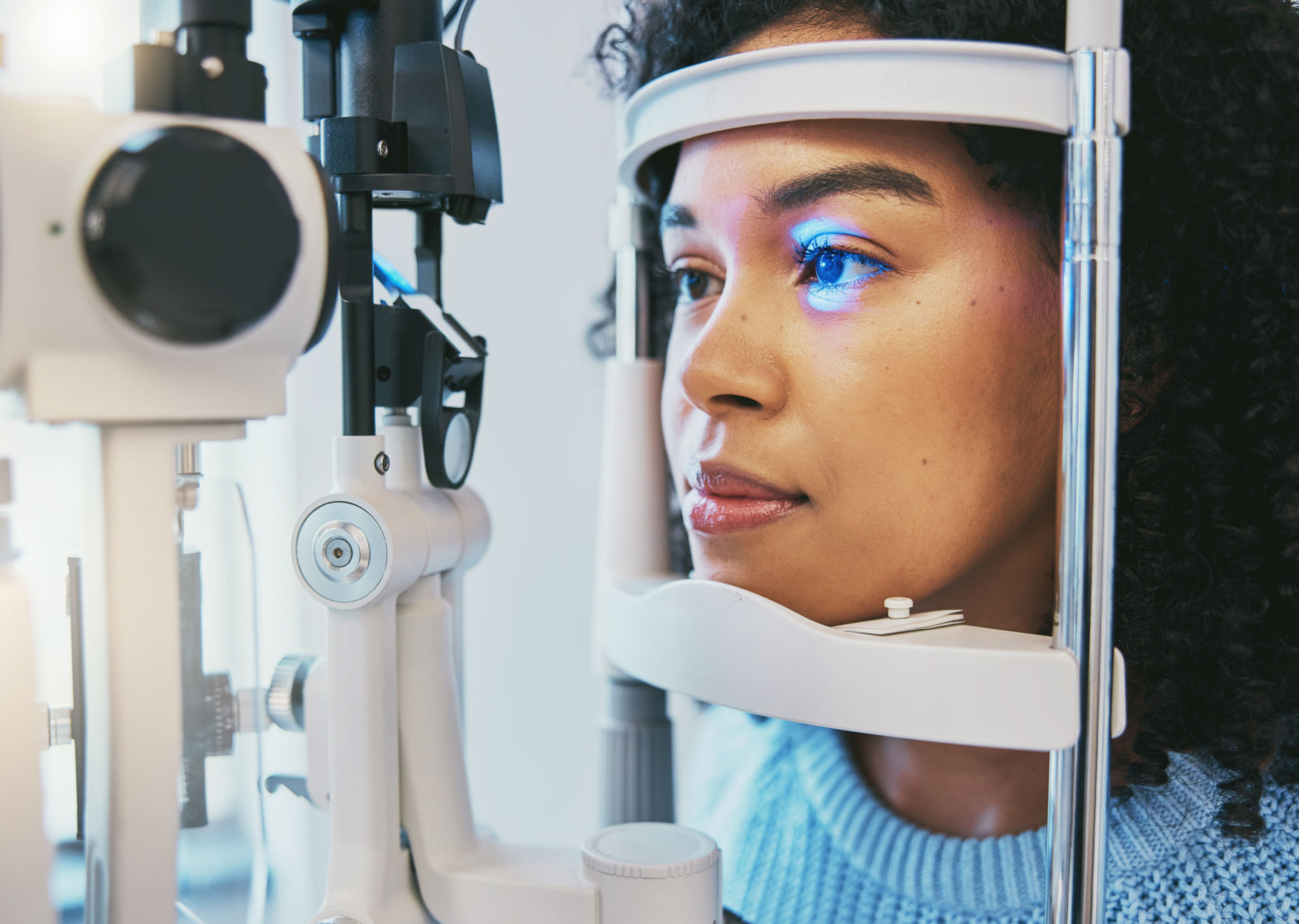Myth-Busting: Common Misconceptions About Vision Correction Eyewear
Understanding Vision Correction Eyewear
Vision correction eyewear plays a crucial role in the lives of millions, helping people see the world more clearly. However, despite their widespread use, there are numerous misconceptions surrounding glasses and contact lenses. In this post, we'll debunk some of the most common myths about vision correction eyewear.

Myth 1: Wearing Glasses Weakens Your Eyes
A prevalent myth is that wearing glasses can weaken your eyes over time. This is not true. Glasses are designed to correct refractive errors such as myopia, hyperopia, and astigmatism. They don't alter the physiology of your eyes or affect your eye health negatively. Instead, they provide the necessary correction to improve your vision.
Myth 2: Children Should Avoid Wearing Glasses
Some people believe that children shouldn't wear glasses because it might hinder their natural eye development. However, wearing glasses can actually help children with vision problems by allowing them to see clearly during their critical learning years. Untreated vision issues can lead to learning difficulties and developmental delays.

Myth 3: Contact Lenses Are Uncomfortable
Many individuals avoid contact lenses due to the misconception that they are uncomfortable. Today's contact lenses are made from advanced materials designed for comfort and extended wear. With proper fitting by an eye care professional, most people find contact lenses to be a comfortable alternative to glasses.
Myth 4: Prescription Glasses Are Only for Reading
Another common myth is that glasses are only necessary for reading or close-up activities. In reality, prescription glasses can be tailored for various needs, including distance vision, computer use, and more. It's essential to have regular eye exams to ensure you have the correct prescription for all your visual activities.

Myth 5: You Can Skip Regular Eye Exams if You Wear Glasses
Wearing glasses does not eliminate the need for regular eye exams. Vision can change over time, and eye exams help detect any changes in your vision or underlying health issues. Regular check-ups ensure your prescription is up-to-date and your eyes are healthy.
- Regular eye exams can detect early signs of eye diseases.
- An updated prescription ensures optimal vision correction.
- Eye exams can reveal other health issues such as diabetes or high blood pressure.
The Importance of Professional Guidance
Consulting an eye care professional is crucial for selecting the right eyewear. They can provide personalized advice based on your vision needs and lifestyle. Whether you choose glasses or contact lenses, professional guidance ensures you receive the most effective vision correction.

In conclusion, understanding the truth about vision correction eyewear is essential for making informed decisions about your eye health. By debunking these myths, we hope to encourage more people to seek the vision care they need without hesitation.